Bacteriostatic Water for Injection is a sterile water containing preservatives used to reconstitute (dissolve) injectable drugs. The active ingredient in bacteriostatic water is benzyl alcohol, which acts as a preservative to prevent the growth of bacteria in the water.
Purpose of use
Bacteriostatic water is used in the medical field to prepare injectable drugs that need to be stored for a period of time before being used. The preservative in the water helps prevent the growth of bacteria and other microorganisms, ensuring that the medicine remains sterile and safe for use.
For growth hormone and other peotides, it is commonly reconstituted with bacteriostatic water for injection prior to subcutaneous (under the skin) and intramuscular injection. This helps ensure that the growth hormone remains sterile and free of bacteria, which is important for avoiding infections and preserving the effectiveness of the drug.
Mechanism of action
The mechanism of action of bacteriostatic water is based on the presence of a preservative, usually benzyl alcohol, which acts as an antimicrobial agent. Benzyl alcohol interferes with the growth and replication of bacteria by inhibiting enzymes necessary for the growth and function of bacterial cells. This effectively slows or stops the growth of bacteria, thus preserving the sterility of the water and any medications reconstituted with it.
When using bacteriostatic water to reconstitute medications, the benzyl alcohol in the water helps prevent the growth of bacteria that may be present in the medication or the environment. This helps ensure that the reconstituted medication remains sterile and safe for use and prevents the risk of infection that can occur when bacteria are present in the injection.
It is important to note that bacteriostatic water is not sterilized and may contain low levels of bacteria. The purpose of the preservative is to prevent the growth of bacteria, not to kill all the bacteria. This is why it is important to carefully follow the manufacturer’s instructions when reconstituting medications with bacteriostatic water and to use the reconstituted medication within a specified time period to maintain effectiveness and prevent contamination.
Warnings
It is important to carefully follow the manufacturer’s instructions when reconstituting growth hormone with bacteriostatic water, as incorrect dilution can affect the potency and stability of the drug. Additionally, once reconstituted, the solution must be used within a specified period of time to maintain its effectiveness and prevent contamination.
Archiving
- Bacteriostatic water must be stored correctly to ensure its effectiveness and prevent contamination. You must follow the following archiving guidelines:
- Room temperature: Bacteriostatic water should be stored at room temperature (15°C to 25°C or 59°F to 77°F).
- Away from direct light: Bacteriostatic water should be stored in a cool, dry place, away from direct light.
- Unopened vials of bacteriostatic water should be stored in the original packaging until used.
- Opened vials: Once opened, a vial of bacteriostatic water must be used within the time period specified by the manufacturer, usually 28 days.
- Dispose if expired: Bacteriostatic water should be discarded if it has passed its expiration date or has become discolored or cloudy.
- Avoid freezing: Bacteriostatic water should not be stored in a freezer or exposed to freezing temperatures, as this may damage the preservative and render the water ineffective.
It is important to note that Bacteriostatic Water should only be used to reconstitute injectable medications and should not be used for other purposes, such as drinking or eye drops. Additionally, it is important to carefully follow the manufacturer’s instructions when reconstituting medications with bacteriostatic water to ensure proper dilution and storage of the reconstituted medication.

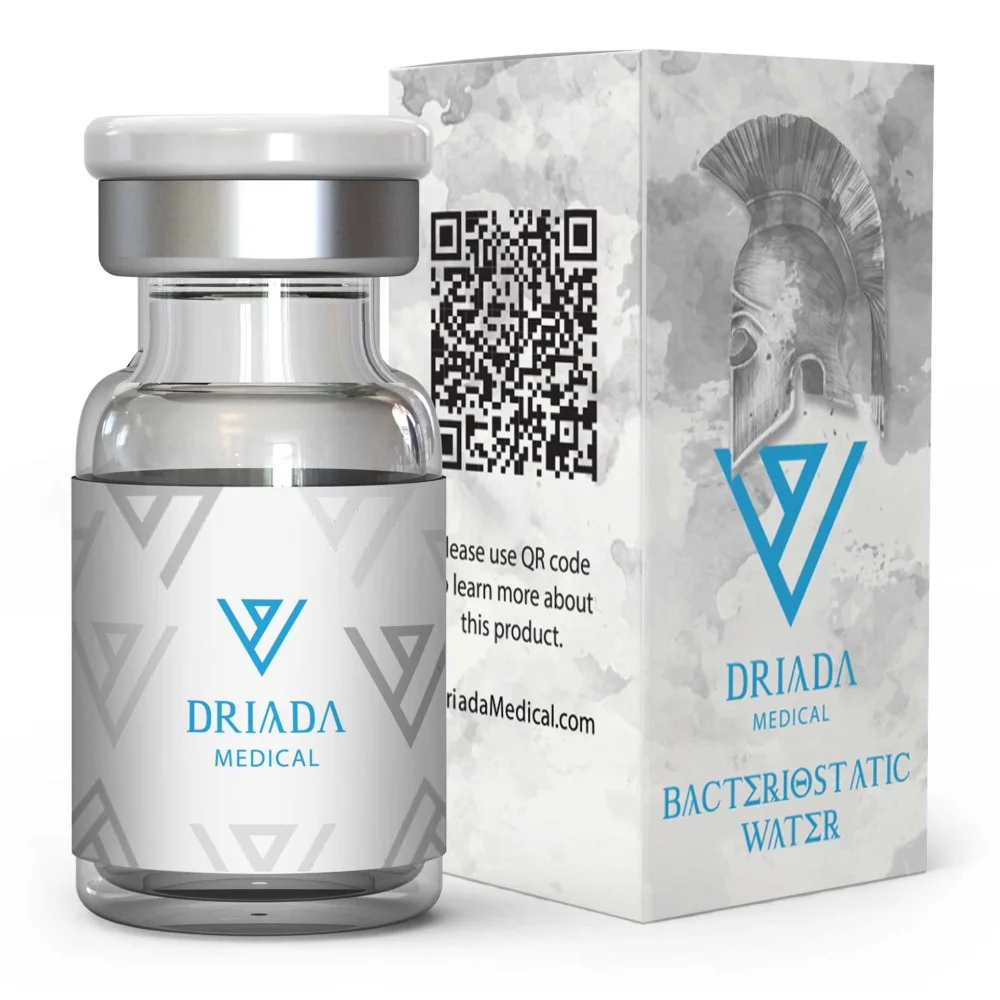
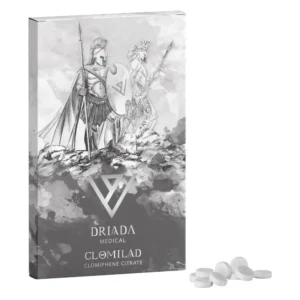
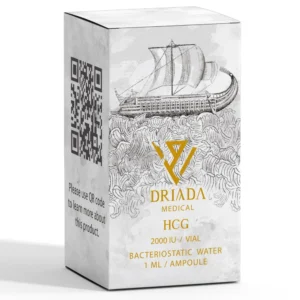
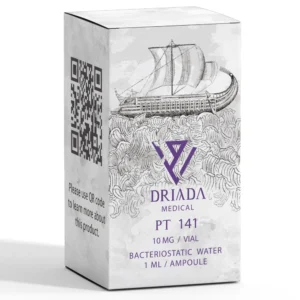
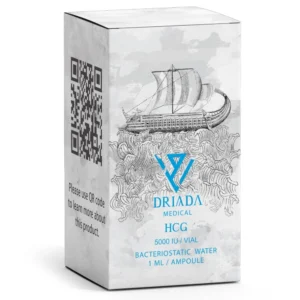
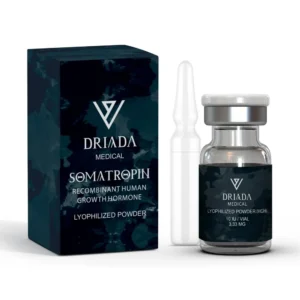
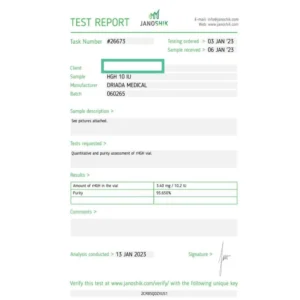

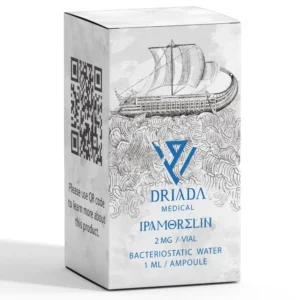
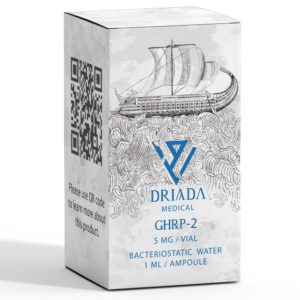
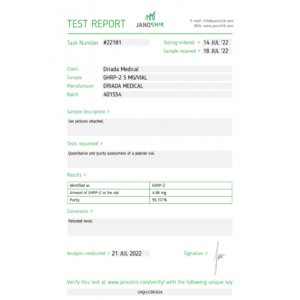
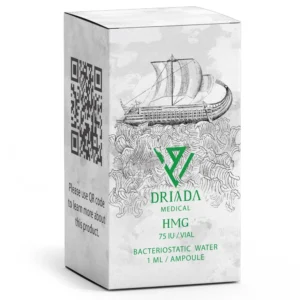
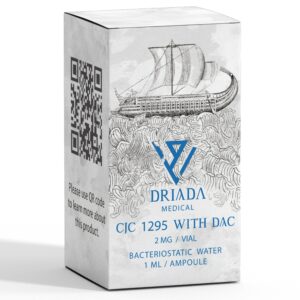
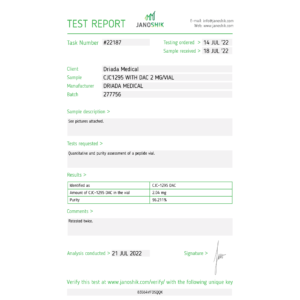
Reviews
There are no reviews yet.